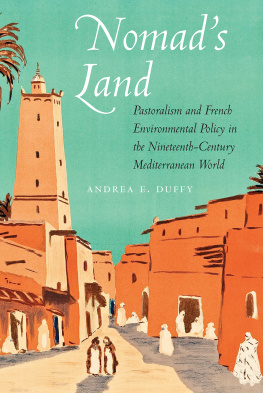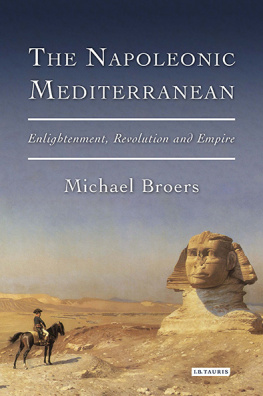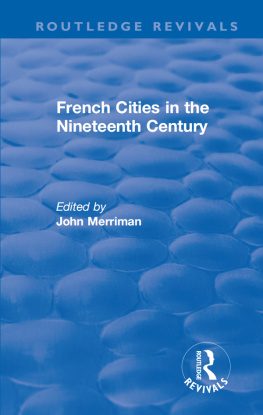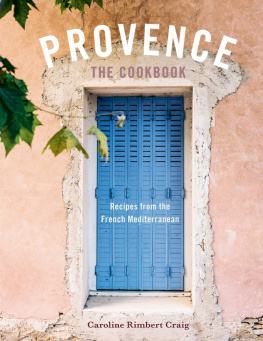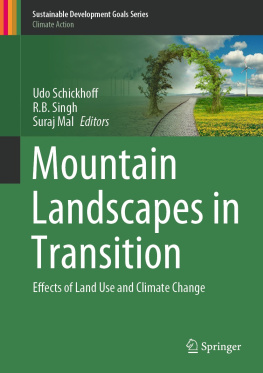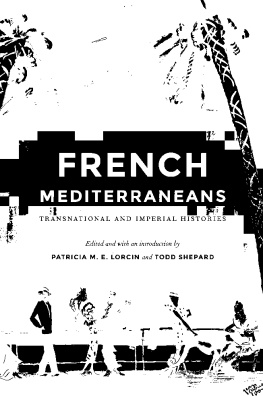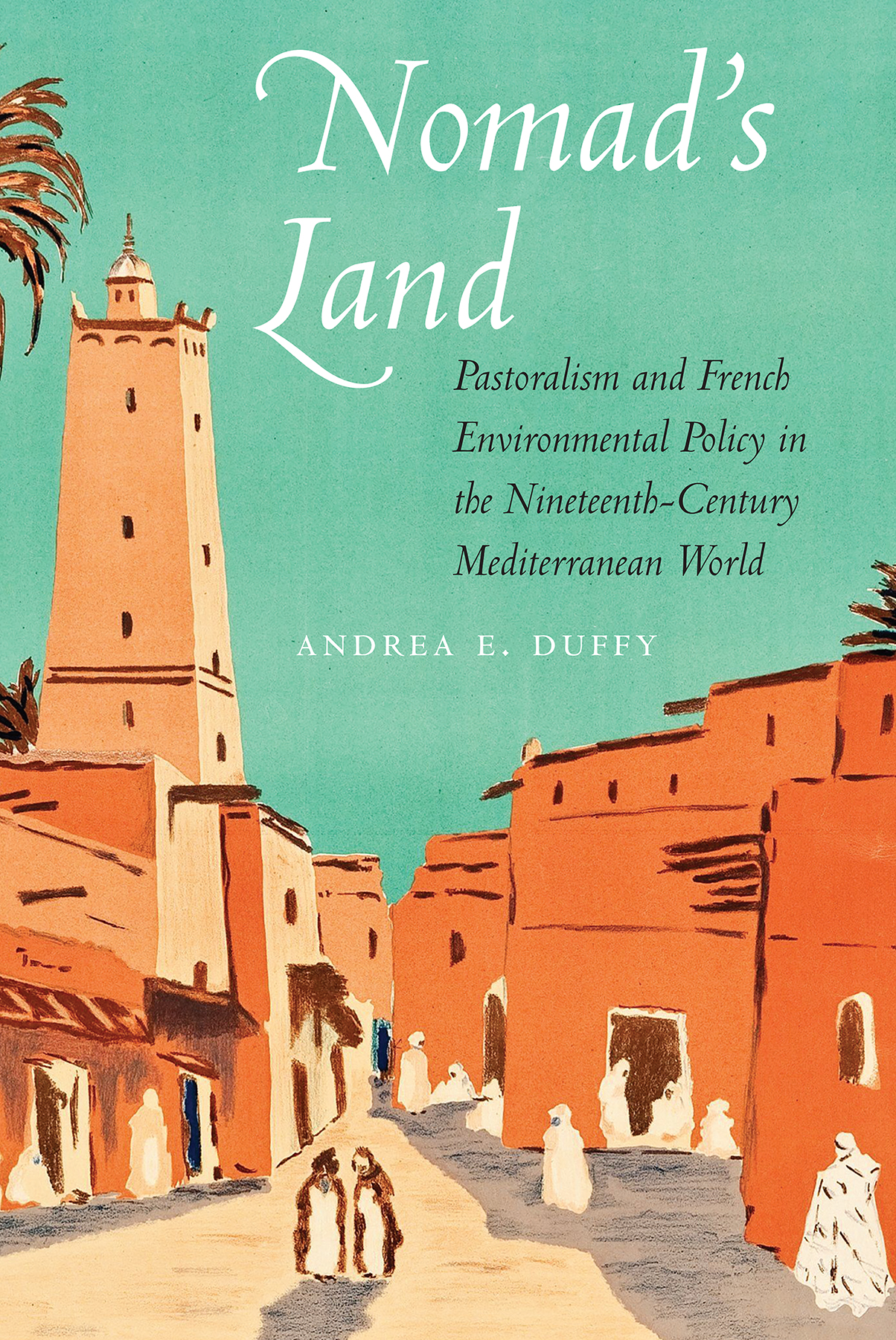
In this succinct and lucidly written book, Andrea Duffy shows how French ideas about forests provided ammunition for sustained campaigns against herders, sheep, goats, and the pastoralist way of life in Mediterranean France, colonial Algeria, and Ottoman Anatolia. An insightful and delightful addition to Mediterranean environmental history.
J. R. McNeill, professor in the Edmund A. Walsh School of Foreign Service and the Department of History at Georgetown University and author of Mosquito Empires: Ecology and War in the Greater Caribbean, 16201914
This wonderfully rich history of Mediterranean nomads and forests must now be included along with the works of Ibn Khaldun, Ferdinand Braudel, and Diana Davis as essential reading for the region.
Brett Bennett, associate professor of history at Western Sydney University and University of Johannesburg and author of Plantations and Protected Areas: A Global History of Forest Management
France Overseas: Studies in Empire and Decolonization
Series editors: A. J. B. Johnston, James D. Le Sueur, and Tyler Stovall
Nomads Land
Pastoralism and French Environmental Policy in the Nineteenth-Century Mediterranean World
Andrea E. Duffy
University of Nebraska Press | Lincoln
2019 by the Board of Regents of the University of Nebraska
Portions of chapter 2 originally appeared as Civilizing through Cork: Conservationism and la Mission Civilisatrice in French Colonial Algeria, Environmental History 23, no. 2 (2018): 27092. Parts of chapter 6 previously appeared as Fighting Fire with Fire: Mobile Pastoralists and French Discourse on Wildfires in Nineteenth-Century Algeria, Resilience: A Journal of the Environmental Humanities 3 (2015): 7187.
Cover designed by University of Nebraska Press; cover image R. Praut, Chemins De Fer Algeriens.
Author photo courtesy of the author.
All rights reserved.
Library of Congress Cataloging-in-Publication Data
Names: Duffy, Andrea E., author.
Title: Nomads land: pastoralism and French environmental policy in the nineteenth-century Mediterranean world / Andrea E. Duffy.
Description: Lincoln: University of Nebraska Press, [2019] | Series: France overseas: studies in empire and decolonization | Includes bibliographical references and index.
Identifiers: LCCN 2019015630
ISBN 9780803290976 (cloth: alk. paper)
ISBN 9781496219169 (epub)
ISBN 9781496219176 (mobi)
ISBN 9781496219183 (pdf)
Subjects: LCSH : Pastoral systemsGovernment policyFranceHistory19th century. | Forest conservationGovernment policyFranceHistory19th century. | Pastoral systemsMediterranean RegionHistory19th century.
Classification: LCC SF 55. F 8 D 84 2019 | DDC 636.08/450944dc23 LC record available at https://lccn.loc.gov/2019015630
The publisher does not have any control over and does not assume any responsibility for author or third-party websites or their content.
Contents
Tables
Writing this book has been quite a journey, and I am grateful for all of the assistance and support I received along the way. Bridget Barry, my editor at the University of Nebraska Press, was extremely helpful, attentive, and patient throughout this process. I also greatly appreciate the support of this press as a whole in giving shape to my work. In addition, I would like to thank my anonymous reviewers for taking the time to read my manuscript and to provide feedback that was constructive, considerate, and extremely valuable. Several other people read and commented on earlier versions of this book. I am particularly grateful for the suggestions of John McNeill, Gabor goston, James Collins, Diana Davis, and Sam White. Although I take full responsibility for any weaknesses or limitations in this book, its strengths owe much to the insight and expertise of these scholars and friends. Investigating the history of multiple Mediterranean societies is not cheap. During the research and writing process, I benefited immensely from the generous support of various institutions, including Georgetown University, the Universit de Provence, the American Society for Environmental History, and the School of Global Environmental Sustainability at Colorado State University. I also valued the presence and accessibility of archives critical to my study, as well as the willingness of personnel to assist and accommodate me. I especially appreciated the warm reception and support of staff at the Archives Nationales dOutre-Mer ( ANOM ) in Aix-en-Provence, France. Many other figures deserve mention for cultivating my interest in the Mediterranean world, the environment, nomads, and mountains. I am particularly in debt to the wisdom and guidance of my late high school Latin teacher, Robert Bobe Simms, and to Scott Scott Bey Redford, the director of my study-abroad experience in Turkey. In addition, informal conversations with Sam White and Owen Miller ultimately proved instrumental in leading me to this topic. Finally, I am grateful for the enduring love and support of my family. My parents, Roger and Sylvia Wiegand, who also waded through a rough manuscript version of this book, provide an invaluable constant in my life and a perpetual source of inspiration. And this book might never have seen the light of day without the boundless patience, encouragement, and care of my loving husband, John. To everyone who helped me through this process, including many I neglected to name, I dedicate this book.
The Nomad and the Sea
The Turkish Mediterranean lived and breathed with the same rhythms as the Christian, [and] the whole sea shared a common destiny.
Fernand Braudel, The Mediterranean and the Mediterranean World in the Age of Philip II
The spark for this book dates to the spring of my sophomore year of college, when I participated in a study-abroad program based in Alanya, Turkey. During a two-week trip to Syria, we traveled across southwestern Anatolia via a tortuous (and torturous) bus ride that wound through the craggy passes of the Taurus range. In many places the road was barely wider than our bus and overlooked roiling waters hundreds of feet below. I learned that it was an updated version of an ancient route. It followed one of the few pregnable paths through the mountains of southwestern Anatolia, and pilgrims, merchants, officials, and other travelers had used it for millennia.
The most significant of these ancient thoroughfares is the Glek Pass, which links Anatolias central plateau to the coastal plains of Cilicia, near Adana, through a maze of rocky peaks. This pass, better known in the West as the Cilician Gates, has played a prominent role in history. Negotiating it proved a severe test for Alexander the Great and, later, Crusaders. Well into the twentieth century it remained a challenging obstacle to transportation between Anatolia and the Levant. As my group approached this pass, we encountered a cluster of people and livestock lounging in the shade of makeshift tents. Our professor stopped to chat with them, returning a few minutes later full of excitement. You are witnessing history, he said. These are the last of the nomads; in a few years there will be no more.
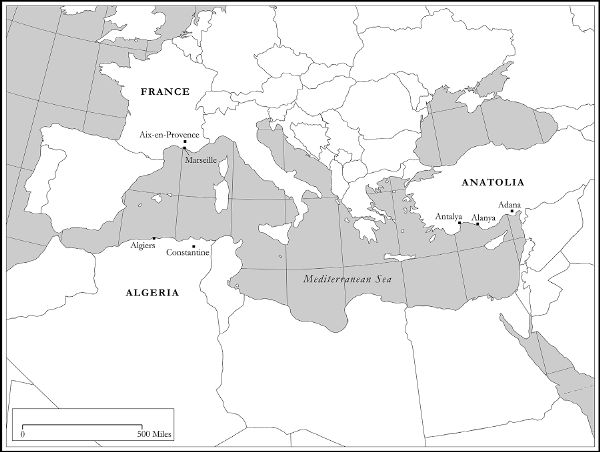
.
Those words stayed with me. As I discovered then, the Cilician Gates specifically and the Taurus range in general were important landmarks not only for the people who sought to penetrate them but also for the mountain dwellers who depended on them for vital resources, shelter, and protection. For centuries nomadic tribes used this and other passes to lead herds of sheep and goats between pastures in the Taurus Mountains and sparsely populated plains along the coast of the eastern Mediterranean. Tribal leaders sometimes served as de facto rulers of these remote regions. Those who passed this way often did so with the
Next page
